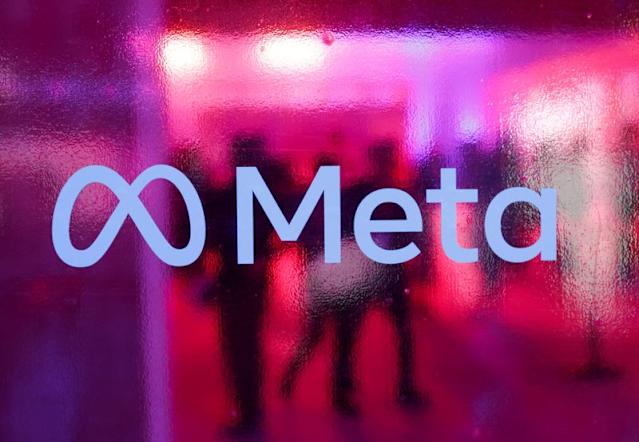Meta, the tech giant behind Facebook, Instagram, and Threads, has unveiled an ambitious plan to spend hundreds of billions of dollars on building massive artificial intelligence (AI) data centres. CEO Mark Zuckerberg announced the initiative in a post on Threads, underscoring the company’s intent to lead in the development of “superintelligence”nAI that could potentially surpass the capabilities of the smartest humans.
Two flagship centres, named Prometheus and Hyperion, are central to this vision. Prometheus is set to begin operations in 2026 in New Albany, Ohio. Hyperion, meanwhile, will be constructed in Louisiana and is expected to be fully operational by 2030. Each of these multi-gigawatt facilities will span areas nearly the size of Manhattan, reflecting their vast energy and data processing needs.
Zuckerberg emphasized that Meta is developing “titan clusters” multi-gigawatt data centres capable of housing the world’s most advanced AI hardware. “We’re building multiple more titan clusters as well. Just one of these covers a significant part of the footprint of Manhattan,” he wrote.
In 2024, Meta earned over $160 billion in revenue, largely from online advertising. Now, it is redirecting its financial power to fuel the AI race. Karl Freund, principal analyst at Cambrian AI Research, told the BBC that “Zuckerberg intends to spend his way to the top of the AI heap.” He noted that the talent Meta is recruiting will gain access to some of the best AI hardware globally.
While the company’s stock rose 1% following the announcement, the move raises concerns about environmental impact. AI-driven data centres are extremely resource-intensive. Studies project that these centres could consume 1.7 trillion gallons of water globally by 2027. Even a single AI query, such as one made to ChatGPT, uses as much water as a small bottled drink.
Meta’s mega-investment signals a new era of AI infrastructure, with vast implications for technology, the environment, and global competition in artificial intelligence.

